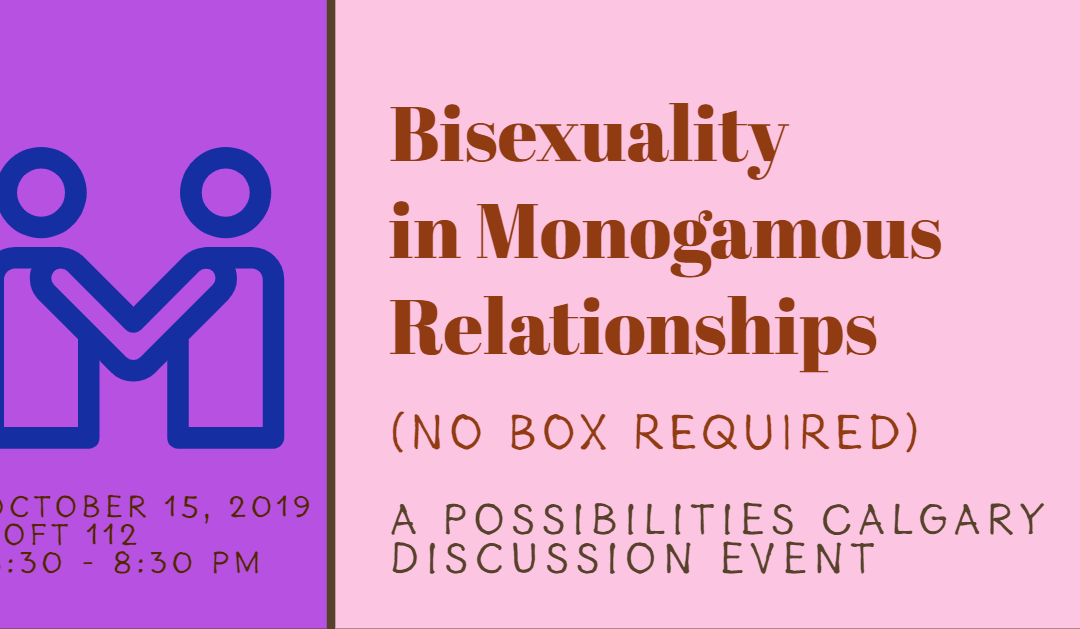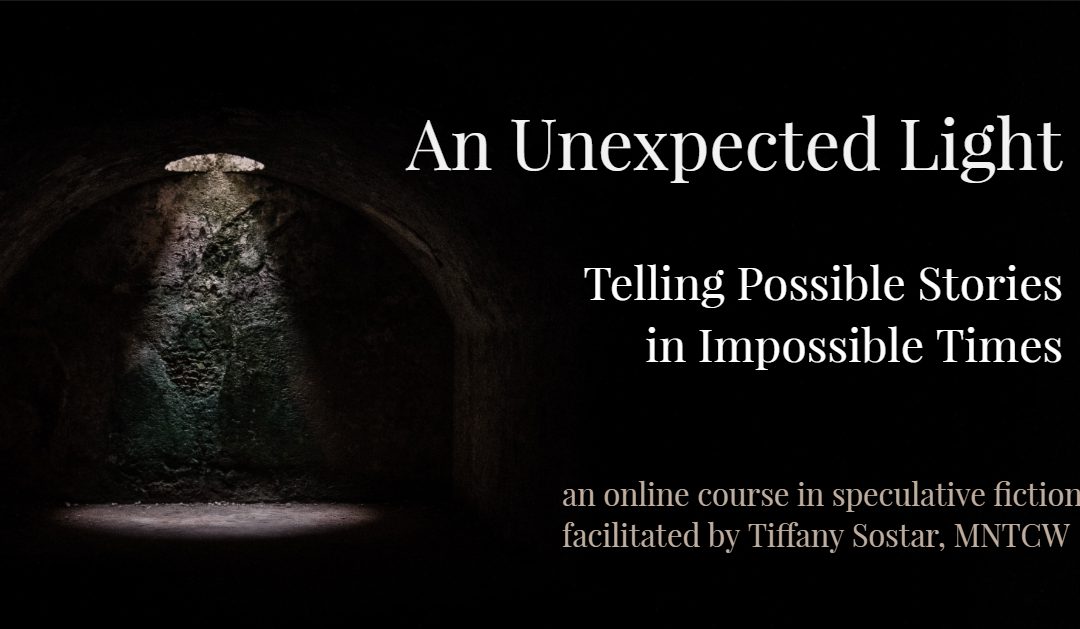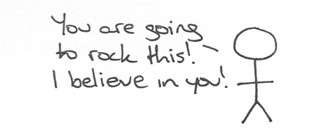
by Tiffany | Oct 21, 2019 | Calls for Participants, Grief, Politics, Zines
The other day I responded to a post about politics and said:
I feel like the last couple years have really pushed me away from the faith I had in electoral politics, and there are times when I feel so much grief for losing that thread of hope. Most of the time I am thankful, because letting go of that opens up space to do other things and to imagine other ways of making change, but sometimes it does feel like a loss, and it is a feeling of grief.
Hmm.
Maybe there needs to be a little collective narrative projects for newly disillusioned folks to talk about this grief, which really doesn’t have a lot of space for expression.
Well, here is that little collective narrative project!
Over the next few weeks (until November 8), I’ll be collecting stories about our feelings about politics in 2019.
Submit your piece of poetry, art, or non-fiction by emailing me at sostarselfcare@gmail.com. Submissions will ideally not be more than 1000 words, but, as with all of these projects, I’m flexible.
If you are struggling with how to express your feelings or what to write, there are a few options. You can get in touch with me and we can have a chat that will hopefully help you clarify what you want to express, or you can use the following narrative questions to guide your writing:
- When you think about the current state of electoral politics, what are the feelings that are evoked?
- Are these feelings the same, similar, or not at all similar to feelings that you used to have about electoral politics?
- If your feelings have changed, do you remember a specific experience or story that contributed to this change?
- What do you miss about your earlier feelings, if there has been a change?
- Do you have a sense of grief or disillusionment?
- What are you grieving?
- What feels like it is lost or more distant?
- Do you have a sense of what you wish or hope that electoral politics could be like?
- What does this hope say about what you value?
- Where does this hope come from – are there particular political histories or thinkers who have inspired and nurtured this hope?
- What do you hold onto when difficult feelings about politics arise for you? What, or who, keeps you going?
- What are the actions that you are taking in your life that align with your hopes and values?
- Have you ever had a moment of realizing the elected officials or the institutions of power were not responding in alignment with your values, and taking some kind of action? This action may be as small as reaching out to an LGBTQIA2+ friend when legislation threatens our safety, or it may be something like reading the 291 Calls to Justice in the MMIWG Final Report, or getting involved in community organizing and protests. People are never passive recipients of harm and trauma, and I would like to include stories of response in this zine!
My hope is that, regardless of the outcome of the Canadian federal election that is happening today, this zine will bring together stories of how we are continuing to do work in our communities, how we are continuing to hold onto our values despite our feelings of disillusionment and grief over the state of politics. I hope that it will bring our voices together, and give us a sense of how we can move forward together, organizing together, supporting each other, doing the work of responding to the problems in our lives regardless of the politicians who hold so much power (and the corporations who hold even more).
I’m looking forward to your contribution!
(Although this zine is inspired by the Canadian federal election, contributions are welcome from anyone. These feelings about politics span so many spaces.)

by Tiffany | Oct 15, 2019 | Collaborations, Downloadable resources, Grief, Health, Identity, Intersectionality
Today is Pregnancy and Infant Loss Awareness Day. This is a topic that impacts so many different people, including trans and non-binary folks who experience gender erasure and harm in both medical contexts and support spaces around this loss; Black, Indigenous, and brown people who experience racism in medical contexts and support spaces; disabled folks; neurodivergent and mad folks; so many people who go through this experience (which can take so many different forms, and can be felt in so many different ways) undersupported, underserved, dismissed.
The You Are Not Alone project was first conceived in 2017 as a response to loss resources that are highly gendered, and that implicitly assume their readers are straight, white, and cisgender. It was also created to try and provide something free and easily accessible.
This resource is freely downloadable and shareable. You can find the 70-page PDF here.
From the Introduction
This is the third edition of You Are Not Alone, and we hope to reissue this document yearly with more and better information and resources. In 2019, we have added Aditi Loveridge’s personal story, and expanded the section on handling racism in medical contexts with Aditi’s help. We have also expanded the resources section to include information about Aditi’s Calgary and online-based charity, the Pregnancy and Infant Loss Support Centre.
Although this resource attempts to be intentionally
inclusive and anti-oppressive, the two primary collaborators – Tiffany Sostar
and Flora – are both English-speaking white settler Canadians, with stable
housing and strong social supports. Our privilege means that we are missing nuance, and we do not see
what we’re not seeing. We are open to being corrected, and to hearing from
people who do not see themselves represented in this document. You can reach
Tiffany at sostarselfcare@gmail.com.
This document is designed to be a grief and loss
resource, and we have included abortion stories and resources. However, we
recognize that not every abortion is experienced as a loss or followed by
grief. (This is true for miscarriages, too!) We also recognize that it is
possible to feel grief without feeling regret, and this is true for any
pregnancy loss, whether it’s abortion, miscarriage, stillbirth, or adoption.
We are so thankful to the individuals who contributed to
this document. Our call for contributors was met with courage and generosity by
people who shared their stories despite the pain that telling the story brought
up for them.
We are also thankful to Andi Johnson and Randi van
Wiltenburg, both full-spectrum doulas in Calgary, Alberta, who contributed not
only their personal stories but also a wealth of knowledge and information.
Their professional contact information is listed in the resources section.
Parents we want to honour:
- Those who have lost a child to miscarriage
- Those who have lost a child to abortion
- Those who have lost a child to stillbirth
- Those who have lost a child after birth to medical illness
- Those who have lost a child after birth to adoption
- Those who have lost a child after birth to structural violence
This affects:
- People of any gender identity
- People of any sexual orientation
- People of any relationship status and structure
- People of any race or culture
- People of any state of mental or physical health
- People of any religious belief
- People of any socioeconomic status
This kind of work – creating resources that help serve the margins is exactly the goal of my Patreon, and it’s why I do what I do. I am thankful to be invited into this kind of work by people in the community who recognize a gap and want help filling it, which is what happened in 2017 when this resource was first created. I will continue to do this kind of work. If you would like to support me, you can find my Patreon here.

by Tiffany | Oct 10, 2019 | Uncategorized
Join us on October 15 for a discussion of navigating bi+ orientations (bisexuality, pansexuality, asexuality, and two spirit) in monogamous relationships.
This conversation will build on our earlier discussions about sharing our identity within existing relationships, and will focus specifically on how we navigate this experience within monogamy.
This is an important conversation because so many dominant narratives of bi+ identity place it in opposition to monogamy, or position bi+ identity as a threat to monogamy or monogamous relationships. These narratives can make it difficult for people to navigate discussions of bi+ orientations.
Many Possibilities participants are, or are interested in, polyamory. That’s awesome, and always welcome at our events! However, for this event we will be centering the experiences and stories of folks who are in monogamous relationships where one or both are bisexual, pansexual, asexual, two spirit, or otherwise non-monosexual.
There is no cost to attend this facilitated conversation.
You can support the event by either donating at the event or by backing the Patreon at www.patreon.com/sostarselfcare.
We have a focus on community care and narrative discussions for the bi+ community (bisexual, pansexual, asexual, two-spirit, with an intentional focus on trans inclusion).
This is an intentionally queer, feminist, anti-oppressive space. The discussion is open to all genders and orientations, as well as all abilities, educational levels, classes, body types, ethnicities – basically, if you’re a person, you’re welcome!
We often meet at Loft 112, which is wheelchair accessible through the back door, and ASL interpretation can be arranged. If you require ASL interpetation, please let me know asap so that I can make arrangements.
These discussions take place on Treaty 7 land, and the traditional territories of the Blackfoot, Siksika, Piikuni, Kainai, Tsuutina, and Stoney Nakoda First Nations, including Chiniki, Bearspaw, and Wesley First Nation. This land is also home to Métis Nation of Alberta, Region 3.
It is important to note that Possibilities Calgary is a community discussion group and not a dating group.

by Tiffany | Aug 27, 2019 | An Unexpected Light, Calls for Participants, Online courses, Workshops, Writing
You may have noticed a new addition to the top menu, a link to the page for An Unexpected Light, the speculative fiction and narrative therapy course that will be launching on October 1. As of August 15, all of the scholarship spaces are filled, but there are still 11 paid spaces available and negotiating an extended or alternative payment plan is totally possible.
This post is a copy of the email sent out to people who have either enrolled in An Unexpected Light, or who have signed up to my Thinkific site. You can do either of those things here!
Dear Phototropes,
Phototropism, first defined in 1899, is the mechanism that causes plants to orient towards light. (I anticipate that our journey together will include both the phototropism of turning towards the light of hopeful stories, and also the bioluminescence of creating our own hopeful stories.)
So, welcome!
First, a little teaser of some of our content (which I’m hoping will inspire you to enroll, if you haven’t yet, or to let your friends know about this course!)
In the lead-up to the course starting on October 1, I’m going to share some of the great writing that didn’t make it into the syllabus, and some writing about texts that are in the syllabus.
First, Susan Jane Bigelow’s story A Memory of Wind, in Glittership (so you can listen to the audio or read the text).
I didn’t include this story, although it would be a great fit for when we’re working on memory in month 4. But I loved it, so I’m including it here.
Second, this video about Janelle Monae’s science fiction. Although this video was made before Dirty Computer (which we’ll be watching as one of our texts), the points about how she uses music, dance, and costume are all super relevant to the later video. I didn’t include this in the course, but it’s also worth a watch!
And now, the question.
The first two of the textbooks have arrived, and I am thrilled! Octavia’s Brood and Funambulist no. 24: Futurisms are in my hot little hands, and Witchbody is waiting for me at Shelf Life Books. The only one we’re waiting on is Variations on Your Body, which I anticipate receiving within a week or two.
This means, of course, that folks who have signed up early can get their textbooks early, too! As soon as all four are here, I’ll start mailing them out.
So, if you have already enrolled in the course, let me know, dearest phototropic readers and bioluminescent writers, whether you would prefer to receive your textbooks in physical or digital format. If you would prefer your books in physical form, please also send me your address.
Lastly, if you have any questions, especially if you’re on the fence about whether to enroll, please let me know!
And if you can think of anywhere that I should send information about the course, or if you know anyone who might be interested, I would love to hear that, too.
I’ll be sending out a few of these messages with teaser content as we approach the course starting on Oct. 1.
One goal is to generate excitement for the course, another is to share some of the delicious content that didn’t fit into the course, and the last is to start getting some feedback from you about what kind of content most resonates, so that I can tweak the course before it starts.
I’m so thrilled to be on this journey with you.
Onward!
Warmly,
Tiffany

by Tiffany | Aug 25, 2019 | Downloadable resources, Health, Writing, Zines
The Small Self-Care Toolkit was my first effort at creating a zine, and today, years later, I finished a significant update to the content and also renamed it.
So, here you go – the 28-page Small Toolkit for Taking Care (now with a stronger focus on the role of community and relationship in our actions of care).
What are actions of care?
I used to write a lot about self-care, and I defined self-care as any choice you make that honours your needs. I talked about sustainable self-care as the result of consistently bringing awareness, compassion, and intention to your choices.
I don’t really talk about self-care as much anymore, because I think that community care, collaboration, and connection are so critical to challenging the kind of individualism that places all of the responsibility for our well-being on us as individuals, and can end up being victim-blaming and hurtful.
I still think that honouring our needs is important. And I still think that it’s easier to make these actions sustainable when we bring awareness, compassion, and intention to our choices. But now I think that it is important to name and recognize how these actions of care happen within social contexts, and how we are not just looking after ourselves when we take these actions – we are also looking after our communities. And how we can also care for ourselves by caring for each other.
Download the free 28-page PDF here.
And if you appreciate these resources, consider backing my Patreon!





